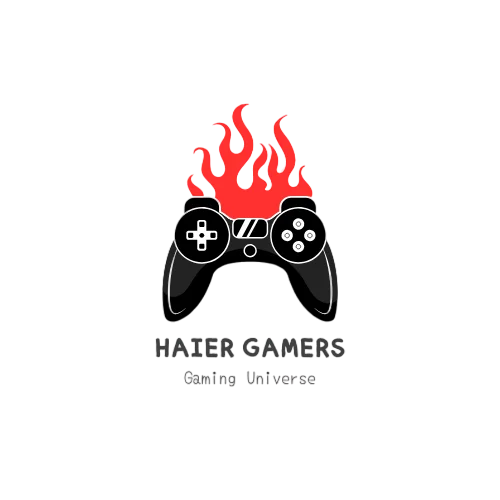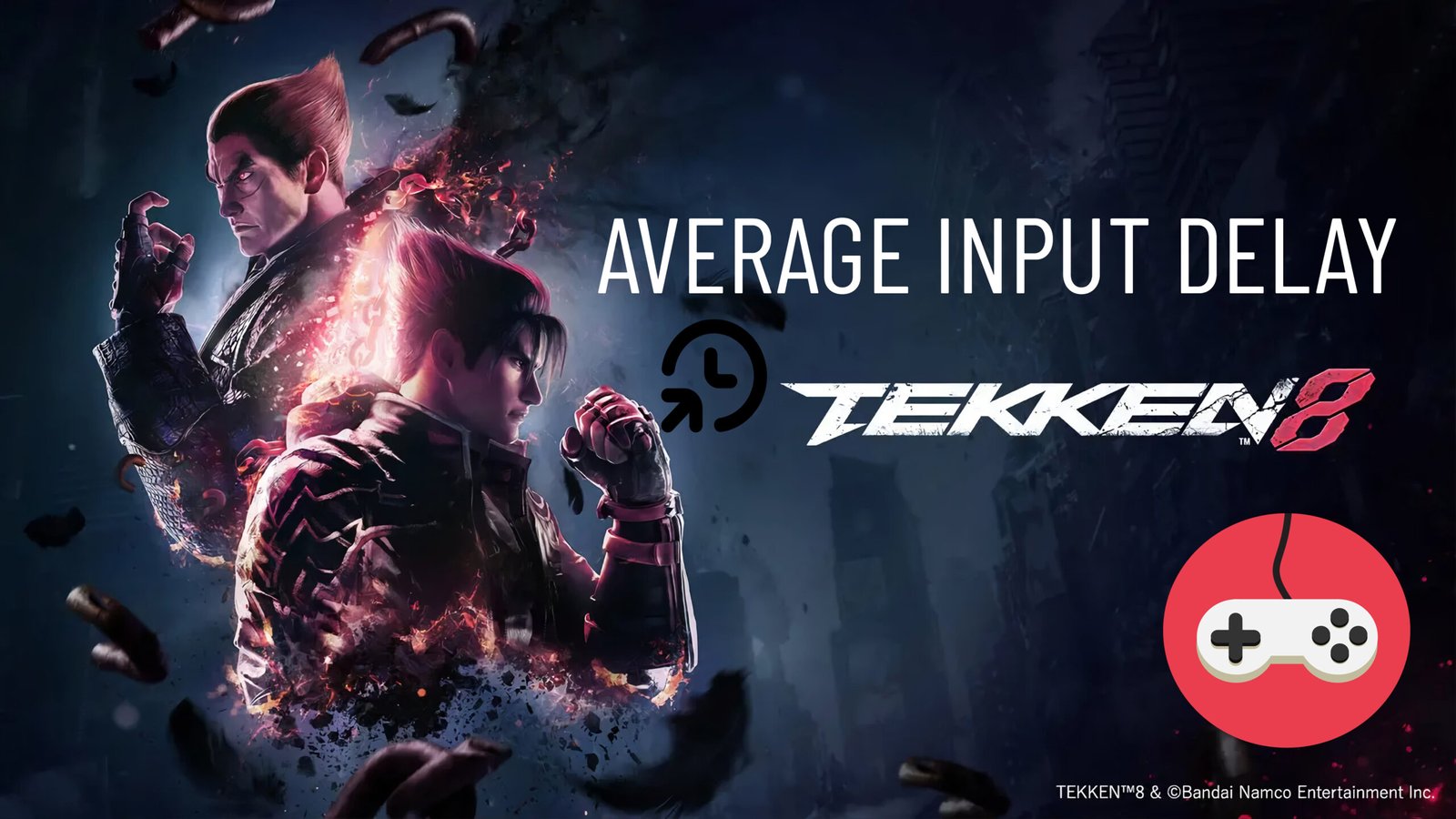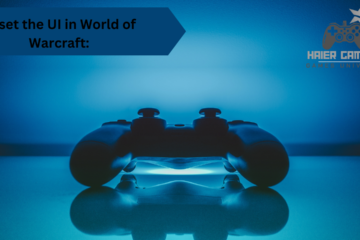Outline of the Article
- What Is Input Delay in Fighting Games?
- Understanding Tekken 8’s Gameplay Mechanics
- What Is the Average Input Delay?
- Factors Contributing to Input Delay in Tekken 8
- How Input Delay Affects Matches
- Offline vs. Online Matches in Tekken 8
- Netcode and Its Role in Input Delay
- Tekken 8’s Efforts to Minimize Input Delay
- Player Strategies to Reduce Input Delay
- Comparing Input Delay Across Tekken Games
- Community Feedback on Tekken 8 Input Delay
- How to Measure Input Delay in Tekken 8
- Why Input Delay Matters for Beginners
- The Future of Input Delay in Fighting Games
- Conclusion

What Is Input Delay in Fighting Games?
Input delay refers to the time it takes for your button press to register as an action on the screen. In fighting games like Tekken 8, where precision is everything, even a few milliseconds can make or break a match. Imagine throwing a punch but seeing it land a moment too late—that’s input delay at work.
Understanding Tekken 8’s Gameplay Mechanics
Tekken 8 brings dynamic visuals and refined mechanics, raising the stakes for competitive players. With features like rollback netcode and intricate combos, the game demands accuracy and timing. Input delay, therefore, becomes a crucial factor in determining match outcomes.
What Is the Average Input Delay in Tekken 8?
The avg input delay in Tekken 8 hovers between 2 to 6 frames, depending on the platform, hardware, and connection quality. While offline play typically offers minimal delay (around 2 frames), online matches can experience higher delays due to network conditions.
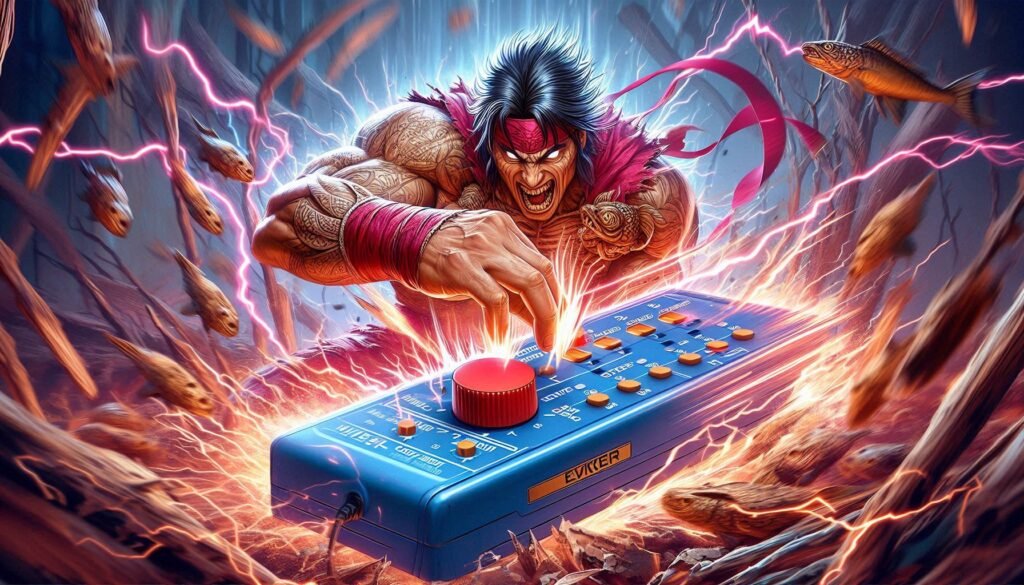
Factors Contributing to Input Delay in Tekken 8
- Hardware Limitations
The type of controller or console significantly impacts input delay. High-performance PCs and next-gen consoles tend to have lower delays compared to older models. - Network Issues
Online matches introduce latency through factors like ping and server response times. A higher ping can lead to noticeable delays, disrupting the flow of gameplay. - Game Settings
Running the game at higher resolutions or with maxed-out graphics can strain the system, leading to increased input delay.
How Input Delay Affects Matches
In Tekken 8, split-second decisions determine victory or defeat. Input delay can disrupt combo execution, block timing, and punish opportunities, especially in competitive settings.
Offline vs. Online Matches in Tekken 8
Offline matches benefit from near-zero latency, offering the most authentic experience. Online matches, however, are prone to variable delays due to internet quality, making the online experience less predictable.
Netcode and Its Role in Input Delay
Tekken 8 employs rollback netcode to enhance online stability. Unlike traditional delay-based netcode, rollback predicts player inputs to minimize perceived lag, creating smoother gameplay even in less-than-ideal conditions.

Tekken 8’s Efforts to Minimize Input Delay
Developers have focused on optimizing the game engine, refining netcode, and introducing performance updates to reduce input delay. Community feedback has been instrumental in these improvements.
Player Strategies to Reduce Input Delay
- Optimize Hardware and Settings
Use low-latency monitors and controllers. Adjust game settings for performance over visuals. - Network Solutions
Ensure a stable, high-speed internet connection. Wired Ethernet connections are preferable to Wi-Fi for lower latency.
Comparing Input Delay Across Tekken Games
Tekken 8 shows significant progress in reducing input delay compared to older titles. Enhanced hardware capabilities and improved netcode contribute to its superior performance.
Community Feedback on Tekken 8 Input Delay
While some players applaud the rollback netcode, others highlight occasional inconsistencies. This feedback drives ongoing updates and refinements.
How to Measure Input Delay in Tekken 8
Players can use tools like frame analyzers and high-speed cameras to measure delay. Understanding these metrics helps players identify areas for improvement.
Why Input Delay Matters for Beginners
Beginners might struggle with timing-based mechanics, and input delay can add to the learning curve. Simplifying settings and prioritizing offline modes can help ease them in.
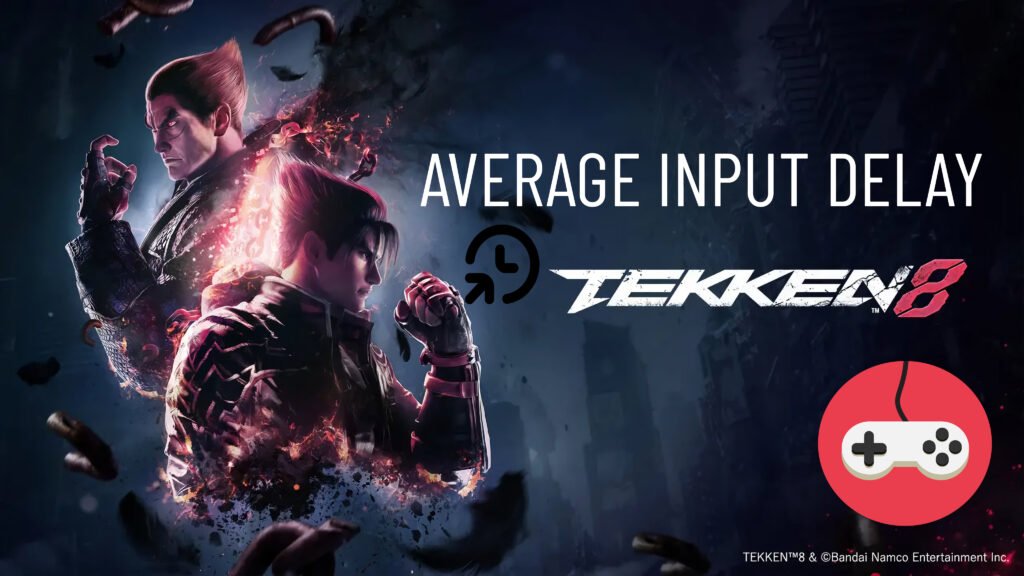
The Future of Input Delay in Fighting Games
As technology evolves, input delay is expected to decrease further. Innovations in game design and hardware will likely set new benchmarks for responsiveness.
Conclusion
Input delay is a pivotal aspect of Tekken 8 that influences both casual and competitive play. With ongoing advancements in technology and player feedback, the gaming experience continues to improve, promising exciting matches for players worldwide.
FAQs
Why is input delay important in Tekken 8?
It impacts the precision and timing of moves, which are critical for executing combos and countering opponents.
What is the average input delay in Tekken 8?
Offline matches average 2 frames of delay, while online matches can range from 4 to 6 frames depending on the connection.
How does rollback netcode affect input delay?
Rollback netcode minimizes perceived lag by predicting player inputs, offering a smoother experience than delay-based netcode.
Can I reduce input delay in Tekken 8?
Yes, by using a wired connection, optimizing game settings, and upgrading to low-latency hardware.
Does input delay vary across platforms?
Yes, high-performance PCs and next-gen consoles generally have lower input delays than older hardware.
